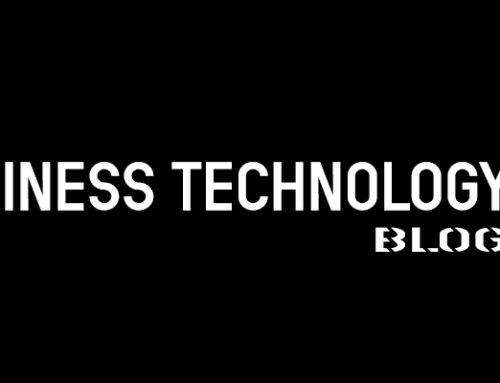The shared responsibility model has been the center of our end-user solutions, despite the idea being a tough sell. Even today, it is relatively common for organizational staff to expect “help-desk” or “tech support” for issues big and small. While we modeled our business practices on shared responsibility within organizations, only Amazon Web Services was doing the same. Finally, shared responsibility has an end-user sponsor: Apple with the launch of the Apple Business Manager. Historically speaking, the
traditional PC environment employees commonly deferred to the IT help desk every time that they encountered an issue because they typically weren’t involved in picking out or setting up their device. Since hardware and software were not always reliable, organizations were more prone to issues and frequent downtime.
Meanwhile, TechBento has encouraged our clients to use of best-in-class hardware and software also ensure that employees have less need to call IT for support, and when they do, a refocused help desk can encourage them to learn and grow on their own. While we’ve been chasing this idea of self-reliance and responsibility, Apple has been developing products that people love.
Most importantly, we encourage users to have a shared stake in the process and getting them to investigate issues themselves before they call for help. It also means rethinking how the help desk works. The goal of each support ticket should always be to help users solve their own problems.
To support their products, Apple developed the AppleCare system to help train users and solve problems. With the buzz of macOS Mojave, Apple Business Manager has come to market and so did the Employee Choice Guide for IT. Within this guide is a hammer-fall on the traditional help-desk: Apple stopped suggesting self-reliance and instead is now actively prompting it in business.
…employees love Apple products, they are likely to already be familiar with them, and are more likely to be able to support themselves
The result is a more sustainable vision of information technology: a shared support responsibility that enables reduced downtime for employees and a lower total footprint for support costs and staff.

